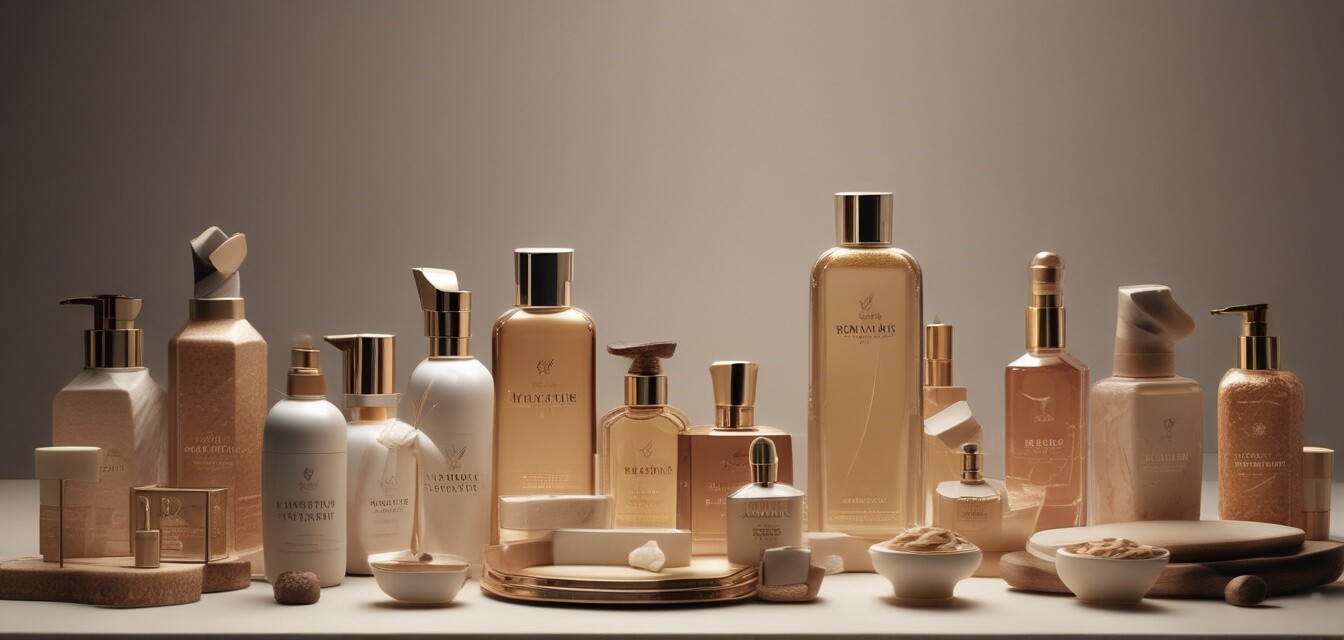
The Future of Sustainable Luxury Products
- Sustainability is transforming the luxury product market across various industries.
- Luxury brands are increasingly using eco-friendly materials and ethical production methods.
- Consumer demand for sustainability is pushing brands to innovate.
- Understanding market trends can help consumers spot future luxury items that align with their values.
- Investment in sustainable luxury can contribute significantly to environmental preservation.
The luxury market is undergoing a revolution, and sustainability is at the forefront of this exciting transformation. As consumers become more conscientious about their purchasing choices, luxury brands are not just meeting this demand but are also paving the path for a greener future. This article explores how sustainability is reshaping the luxury product landscape across various industries.
The impact of sustainability on luxury goods
Luxury products, traditionally associated with opulence and excess, are now embracing sustainability. This shift is not merely a trend; it is a necessary response to global concerns regarding environmental protection and ethical manufacturing.
Key factors driving sustainable luxury
- Consumer Awareness: Increasing awareness of environmental issues among consumers is driving demand for ethically sourced and produced goods.
- Brand Responsibility: Luxury brands recognize their role in promoting sustainability and are adjusting their business models accordingly.
- Innovation: Advances in technology and materials allow brands to create exquisite products that are also sustainable.
Sustainable practices in various industries
| Industry | Sustainable Practices |
|---|---|
| Fashion & Accessories | Use of organic materials, recycled fabrics, and ethically-made collections. |
| Beauty & Cosmetics | Eco-friendly packaging and natural ingredients sourced sustainably. |
| Home & Kitchen | Smart appliances with energy-efficient features and sustainable materials in furniture. |
| Electronics | Eco-design that focuses on recyclability and reducing carbon footprint. |
Fashion and accessories
The fashion industry is one of the most significant contributors to pollution. However, many luxury brands are adopting sustainable practices by utilizing organic materials, recycling fabrics, and creating ethically-made collections. These practices resonate with environmentally conscious consumers, who see luxury not just as a mark of status but also as an expression of their values.
Health and beauty
Luxury beauty brands are also following suit; they are increasingly using eco-friendly packaging, as well as natural and sustainably sourced ingredients. This trend not only appeals to health-conscious consumers but extends to anyone interested in making more sustainable choices.
Home and kitchen
High-end home products and appliances are being engineered with sustainability at their core. Energy-efficient smart appliances and luxury furniture crafted from sustainable materials are setting trends that future generations will be proud of.
Electronics
Luxury electronics brands are focusing on eco-design, prioritizing recyclability and reduced carbon footprints. This innovation helps blend technological advancement and sustainability, ensuring consumers have access to high-end products that also respect the environment.
Consumer demand for sustainability
Today's luxury consumers are not just buying products; they are investing in brands that reflect their values. This is prompting even well-established brands to reconsider their practices and embrace sustainability. The rise of eco-consciousness has made sustainability a crucial selling point for luxury products.
Market Trends and Future Predictions
As we look ahead, it’s clear that sustainability will continue to shape the luxury landscape. Brands that successfully integrate sustainable practices into their offerings are not only likely to thrive but also redefine luxury for future consumers.
Conclusion
The future of luxury products lies in sustainability. As brands adapt and innovate, the luxury market is transforming into a more responsible and ethical landscape. For consumers, this shift presents a unique opportunity to align their purchasing choices with their values, ensuring that luxury also means living sustainably.
Tips for Choosing Sustainable Luxury Products
- Research brands: Look for companies that disclose their sustainability practices.
- Check materials: Choose products made from organic, recycled, or renewable resources.
- Invest in quality: Opt for timeless pieces that will last, reducing waste in the long run.
- Ask questions: Don't hesitate to inquire about a product's sourcing and manufacturing process.
Pros
- Supports environmental sustainability.
- Promotes ethical labor practices.
- Encourages innovation and quality craftsmanship.
Cons
- Often comes with a higher price tag.
- Sustainability claims can sometimes be misleading.
For more insights on luxury trends, check out our blog category on News and Trends in Luxury Products. Stay informed and discover how you can make educated choices as a consumer of luxury goods.

